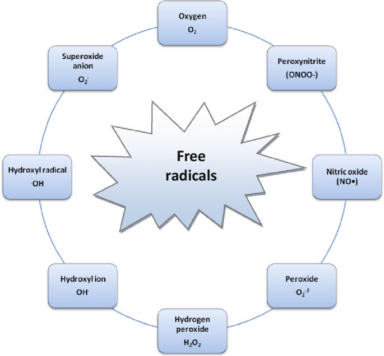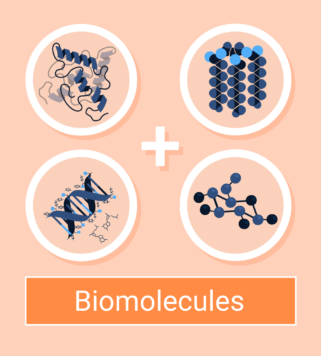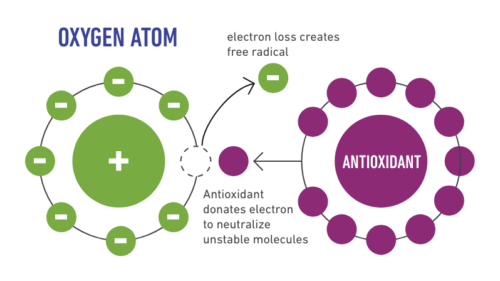Doxorubicin (DOX), commonly used antineoplastic agent, affects bone marrow, intestinal tract and heart, but it also has some hepatotoxic effects. Main mechanism of its toxicity is the production of free reactive oxygen species. Polyhidroxilated C60#nbsp;fullerene derivatives, fullerenol nanoparticles (FNP), act as free radical scavengers in in vitro systems. The aim of the study was to investigate potential FNP protective role against DOX-induced hepatotoxicity in rats. Experiments were performed on adult male Wistar rats. Animals were divided into five groups: (1) 0.9% NaCl (control), (2) 100mg/kg ip FNP, (3) 10mg/kg DOX iv, (4) 50mg/kg ip FNP 30min before 10mg/kg iv DOX, (5) 100mg/kg ip FNP 30min before 10mg/kg iv DOX. A general health condition, body and liver weight, TBARS level and antioxidative enzyme activity, as well as pathohistological examination of the liver tissue were conducted on days 2 and 14 of the study. FNP, applied alone, did not alter any examinated parameters. However, when used as a pretreatment it significantly increased survival rate, body and liver weight, and decreased TBARS level, antioxidative enzyme activity and hepatic damage score in DOX-treated rats. FNP administered at a dose of 100mg/kg significantly attenuated effects of doxorubicin administered in a single high dose in rats, concerning general condition, body and liver weight, lipid peroxidation level and antioxidative enzyme activity as well as structural alterations of the hepatic tissue.
Related researches 23 articles























